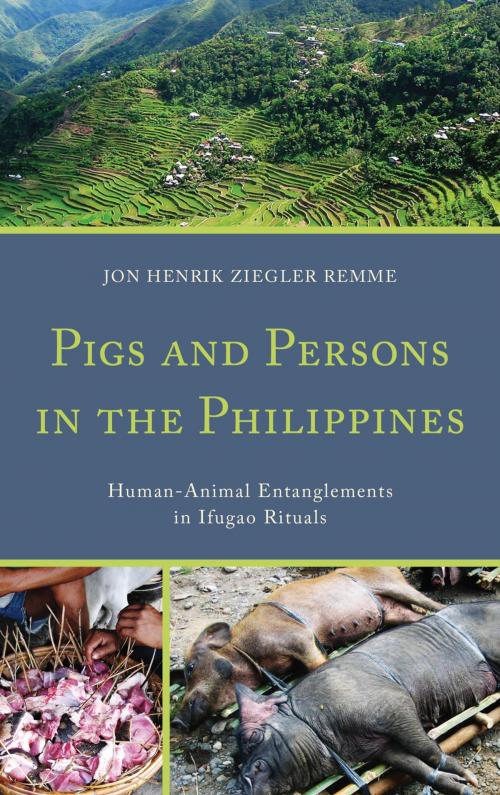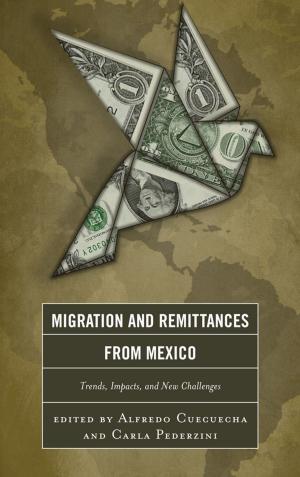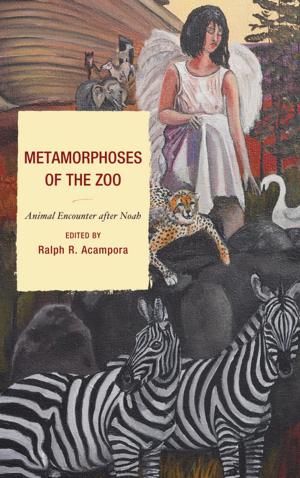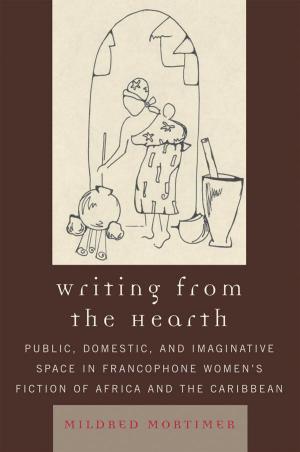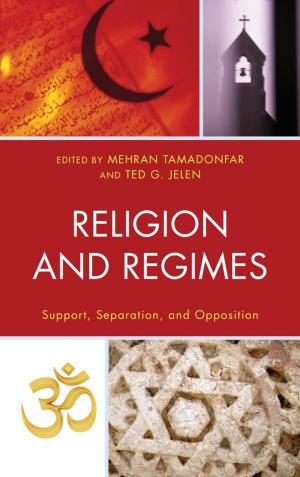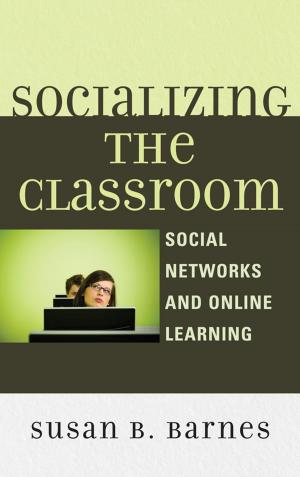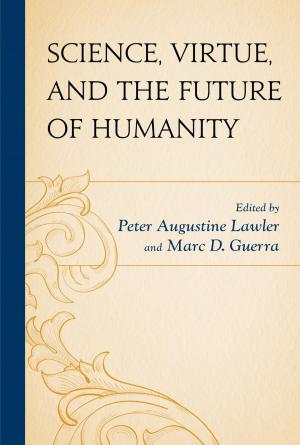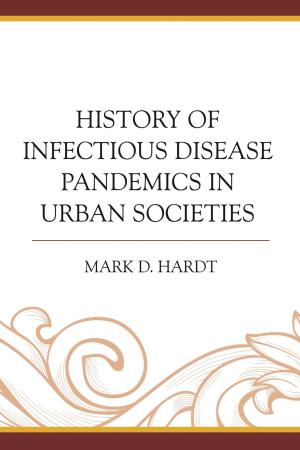Pigs and Persons in the Philippines
Human-Animal Entanglements in Ifugao Rituals
Nonfiction, Religion & Spirituality, Other Practices, Ethnic & Tribal, History, Asian, Southeast Asia, Social & Cultural Studies, Social Science, Anthropology| Author: | Jon Henrik Ziegler Remme | ISBN: | 9780739190425 |
| Publisher: | Lexington Books | Publication: | May 29, 2014 |
| Imprint: | Lexington Books | Language: | English |
| Author: | Jon Henrik Ziegler Remme |
| ISBN: | 9780739190425 |
| Publisher: | Lexington Books |
| Publication: | May 29, 2014 |
| Imprint: | Lexington Books |
| Language: | English |
The Ifugao of Northern Luzon, the Philippines, are famous for their extensive system of irrigated rice terraces, and previous anthropological accounts of the Ifugao have stressed their immense importance for social life. This book attempts to "go against the grain" and approach Ifugao society through an often overlooked element, namely their pigs. By a detailed ethnographic description of Ifugao cultural practices related to kinship, animism, prestige, and death, Pigs and Persons in the Philippines shows how pigs are involved in the constitution and re-constitution of relations between humans and between humans and spirits.
Remme draws upon theories of relationality, performativity, and assemblages to argue that the exchange and consumption of pig meat have the ontological effect of enacting persons. He also shows how pigs are the prime means of engaging in relations with spirits and argues further that prestige can be understood as a heterogeneous assemblage of relations of which pigs play a central role. While pigs are thus constitutively involved in the enactment of persons, Remme also shows how they are operative in the re-constitution of relations that occurs at death.
In documenting these practices, Remme argues for a relational understanding of personhood that goes beyond inter-human relations and includes relations with nonhuman beings, including spirits, and animals.
The Ifugao of Northern Luzon, the Philippines, are famous for their extensive system of irrigated rice terraces, and previous anthropological accounts of the Ifugao have stressed their immense importance for social life. This book attempts to "go against the grain" and approach Ifugao society through an often overlooked element, namely their pigs. By a detailed ethnographic description of Ifugao cultural practices related to kinship, animism, prestige, and death, Pigs and Persons in the Philippines shows how pigs are involved in the constitution and re-constitution of relations between humans and between humans and spirits.
Remme draws upon theories of relationality, performativity, and assemblages to argue that the exchange and consumption of pig meat have the ontological effect of enacting persons. He also shows how pigs are the prime means of engaging in relations with spirits and argues further that prestige can be understood as a heterogeneous assemblage of relations of which pigs play a central role. While pigs are thus constitutively involved in the enactment of persons, Remme also shows how they are operative in the re-constitution of relations that occurs at death.
In documenting these practices, Remme argues for a relational understanding of personhood that goes beyond inter-human relations and includes relations with nonhuman beings, including spirits, and animals.
